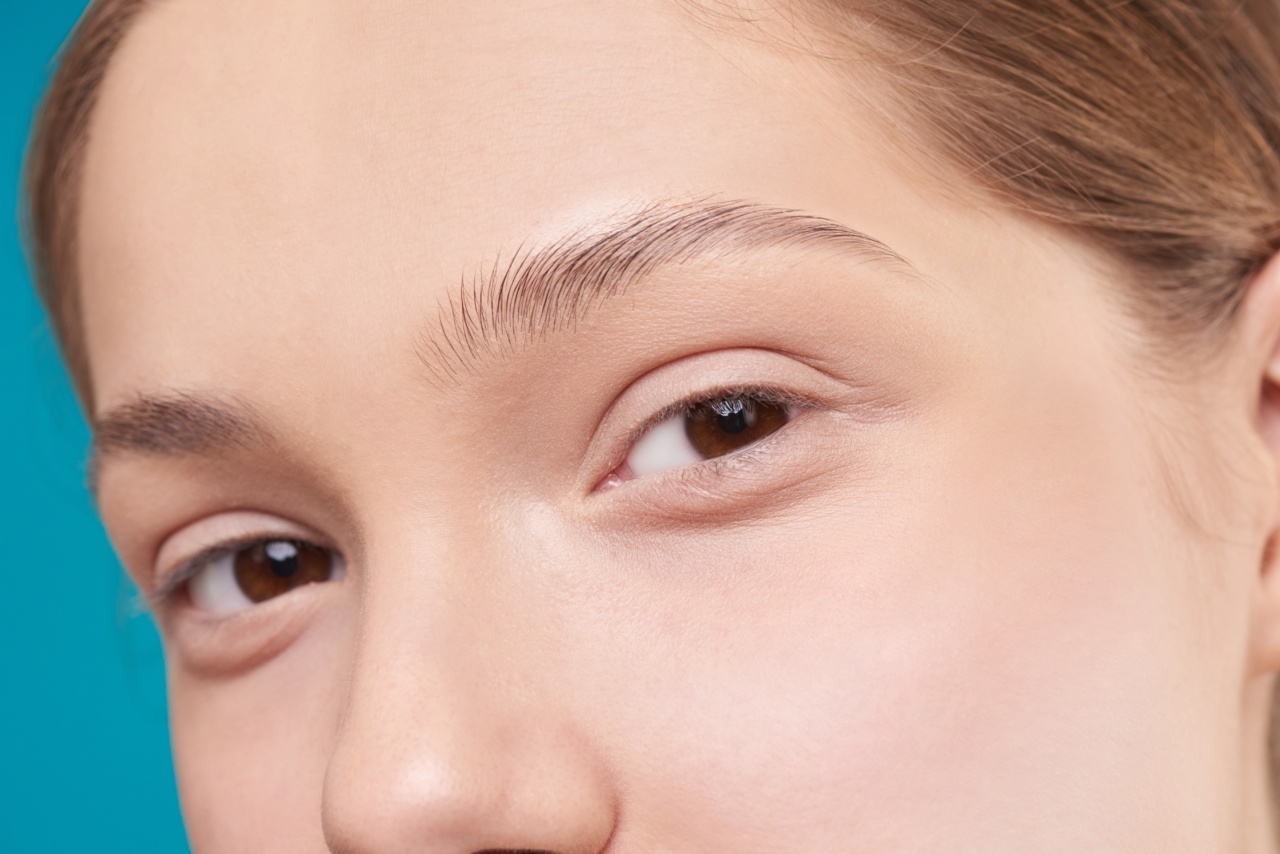Probiotics are live microorganisms that are beneficial for overall health and wellbeing. They are found in fermented foods like yogurt, sauerkraut, and kefir, as well as in dietary supplements.
Probiotics are known for their ability to promote digestive health and boost immunity, but recent studies have shown that they can also improve the appearance of your skin.
How do probiotics work?
The human gut is home to trillions of bacteria, both good and bad. These bacteria play a crucial role in digestion, nutrient absorption, and immune function.
When the balance of bacteria in the gut is disrupted, it can lead to a host of health problems, including skin issues like acne, eczema, and rosacea.
Probiotics work by replenishing the good bacteria in the gut, which helps to restore balance and improve digestive health. They also produce short-chain fatty acids, which have anti-inflammatory properties and can reduce skin inflammation.
The benefits of probiotics for skin
Studies have shown that probiotics can help improve a variety of skin conditions, including acne, eczema, and rosacea. Here are some of the benefits:.
Reduced inflammation
Inflammation is a major contributor to many skin conditions, and probiotics can help reduce inflammation throughout the body.
The anti-inflammatory properties of probiotics can help reduce redness, swelling, and itching associated with acne and other skin conditions.
Improved hydration
Probiotics can help improve skin hydration by increasing the production of ceramides, which are essential for maintaining the skin’s moisture barrier.
When the skin’s moisture barrier is intact, it is better able to retain moisture and stay hydrated.
Enhanced barrier function
The skin’s barrier function is important for protecting against environmental factors like pollution and UV radiation.
Probiotics have been shown to enhance the skin’s barrier function by improving the production of natural oils and triggering the production of structural proteins like collagen.
Reduced acne
Acne is caused by an overgrowth of bacteria in the pores, which leads to inflammation and breakouts. Probiotics can help reduce acne by restoring the balance of bacteria in the gut and on the skin.
Studies have shown that probiotics can reduce the number of inflammatory lesions in people with acne.
Improved skin texture
Healthy skin requires a healthy gut, and probiotics can help improve overall skin texture. The improved hydration, enhanced barrier function, and anti-inflammatory properties of probiotics can all contribute to smoother, more radiant skin.
How to incorporate probiotics into your skincare routine
There are a variety of ways to incorporate probiotics into your skincare routine:.
Eat fermented foods
Foods like yogurt, sauerkraut, and kefir are all great sources of probiotics. Eating a diet rich in these foods can help improve gut health and support healthy skin.
Take a probiotic supplement
Dietary supplements like capsules and powders are an easy way to get a concentrated dose of probiotics. Be sure to choose a high-quality probiotic supplement from a reputable brand.
Use probiotic skincare products
There are a variety of skincare products on the market that contain probiotics, including cleansers, toners, serums, and moisturizers.
Look for products that contain Lactobacillus or Bifidobacterium, two strains of probiotics that have shown promise for improving skin health.
The bottom line
Probiotics are a natural and effective way to improve the appearance of your skin. By restoring balance to the gut microbiome, probiotics can reduce inflammation, improve hydration, and enhance the skin’s barrier function.
Incorporating probiotics into your skincare routine can help you achieve smoother, more radiant skin.





























